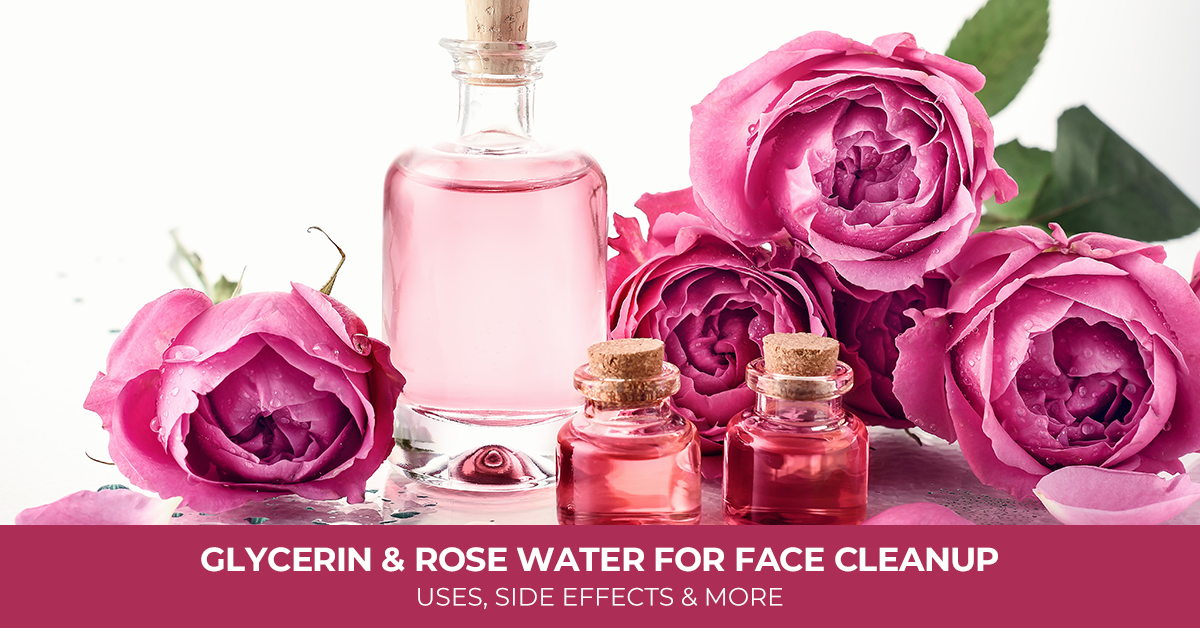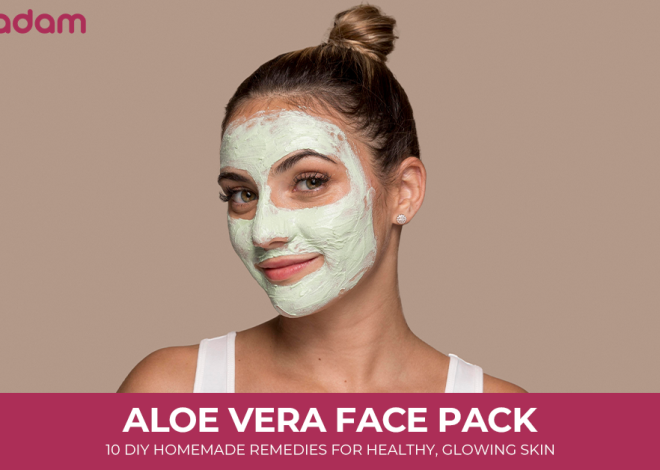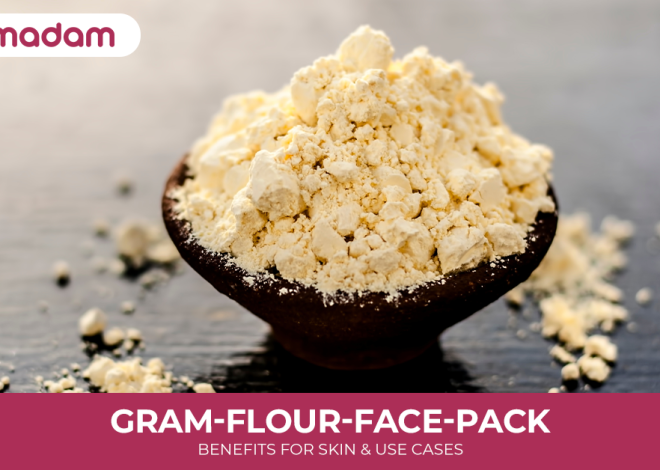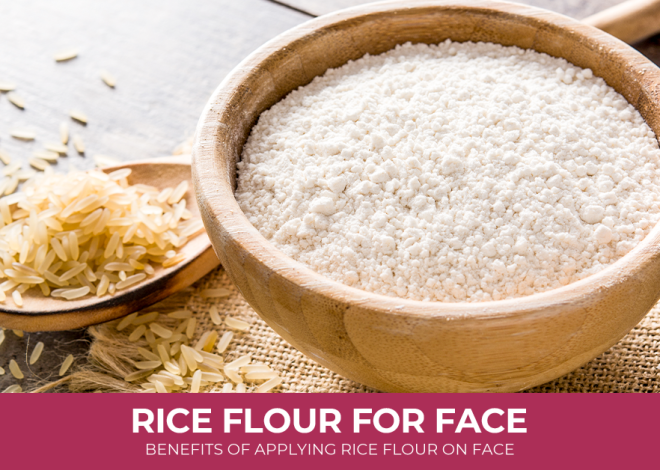
Glycerin and Rose Water for Face Cleanup: Uses, Side Effects, and More
Glycerin and rose water are skincare ingredients that you can rely on for flawless skin. Both ingredients work wonderfully on your skin.
When combined, these ingredients act as a beauty elixir. From providing soothing effects to combat signs of aging, this combination brings a host of benefits for your skin health.
In this guide on glycerin and rose water for the face, you will get to explore the versatile DIY uses of this natural skincare combo, along with the benefits, side effects, and usage tips of each ingredient on the face.
Table of Contents
What is Glycerin?
Glycerin, also known as glycerol, is a natural compound extracted from vegetable oils or animal fat. It is a humectant, a type of moisturizing agent that pulls water into the outer layer of your skin from deeper levels of your skin and the air.
What is Rose Water?
Rose water is exactly as the name suggests. It is a watery liquid that is made from fresh rose petals. In skincare, it is a popular toner that hydrates, soothes, and refreshes the skin.
DIY Uses of Glycerin and Rose Water Based on Skin Type
Glycerine and rose water is a great combination for various skin types with hydration, soothing effects, and nourishment. Here are some DIY tips to use both as per your skin type:
1. Dry Skin
Both rose water and glycerin provide deep moisturization and help soothe flaky skin.
How to use:
Hydrating Face Mist: Combine 2 parts of rose water with 1 part glycerin. Spray all day long.
Moisturizing Mask: Combine 1 tablespoon of glycerin and 2 tablespoons of rose water and add a few drops of honey. Rinse off after leaving the mask on for 15 minutes.
2. Oily and acne-prone Skin
Rose water acts as a toner, while glycerin helps keep your skin hydrated without greasiness.
How to Use:
Oil-Free Toner: Combine 3 parts rose water with 1 part glycerin and apply using a cotton pad after cleansing.
Acne-Soothing Mist: Add a certain number of drops of tea tree oil to the above DIY toner and spray on the face.
3. Combination Skin
For combination skin, rose water and glycerin hydrate dry areas and control oil. Also decreases redness and keeps the skin fresh.
How to Use:
Balancing Face Mist: Combine equal quantities of rose water and glycerin and spray lightly on the face.
Lightweight Serum: Combine 1 teaspoon of glycerin with 2 teaspoons of rose water and apply before moisturizer.
4. Sensitive Skin
Glycerine and rose water help calm skin irritation and redness and strengthen the skin barrier.
How to Use:
Gentle Face Mist: Combine two parts rose water and 1 part glycerin. Store in a spray bottle.
Soothing Mask: Combine 1 tablespoon of glycerin, 2 tablespoons of rose water, and 1 tablespoon of aloe vera gel. Apply and rinse after 10 minutes.
5. Ageing and Mature Skin
Rose water and glycerin help keep your skin plump and youthful. Also, effective in improving skin elasticity and glow.
How to Use:
Anti-Aging Serum: Combine 1 teaspoon of glycerin, 2 teaspoons of rose water, and a few drops of vitamin E oil. Apply before going to bed.
Refreshing Mist: Spray a rose water and glycerin mixture throughout the day to keep the skin hydrated.
Benefits of Glycerin and Rose Water on Face
Using glycerin and rosewater has many benefits, especially for the face. The following are the key rose water and glycerin benefits :
Intense Hydration: Glycerin acts as a humectant, drawing moisture from the air to deeply hydrate the skin, while rose water adds a refreshing boost.
Soothing and Calming: Rose water’s anti-inflammatory properties help calm irritated or red skin, making it great for sensitive skin types.
Toning Effect: This mixture can be used as a toner to cleanse and remove residual dirt while balancing the skin’s pH.
Reduces the Appearance of Fine Lines: The hydrating power of both ingredients can help plump up the skin, minimizing the appearance of fine lines and wrinkles.
Brightening Skin Tone: Rose water’s antioxidant content can contribute to a brighter and more even skin tone.
Potential Acne Control: Keeping skin hydrated and balanced, the combination can help manage acne breakouts.
Important Considerations:
- Always do a patch test before applying it to your face, especially if you have sensitive skin.
- Choose high-quality, pure rose water and glycerin for the best results.
- If you have very oily skin, apply a smaller amount of glycerine or dilute it further with rose water.
Side Effects of Using Glycerin and Rose Water Together
While rose water and glycerin offer many benefits, they also have some side effects.
Allergic Reactions: Some people might have natural allergies to rose water or glycerine. These might appear as redness, rash, or swelling.
Acne Breakouts: Those with acne-prone skin may experience acne breakouts because of the moisture retention feature of glycerin.
Sticky Texture: Glycerin, when used in higher quantities, at times, can leave a sticky or tacky feeling on the skin. So use a small quantity of glycerin for best results.
Best Tips to Use Glycerin and Rose Water for Face
To overcome the aforementioned side effects and maintain the efficacy of use for a longer time frame. It is important to know the correct techniques of applying glycerin and rose water.
Tips to Use Glycerin on the Face Correctly
To use glycerin on your face correctly, follow the below-listed steps or tips:
- First, cleanse your face using cold water.
- Next, apply glycerin with a cotton pad or tissue and dab gently on your face.
- Allow the glycerin a few minutes to absorb into your skin.
- Now, rinse off the glycerin with water.
Tips to Use Rose Water on the Face Correctly
The following are certain steps on how to apply rose water on your face naturally and gently:
- Spray a rose water face mist throughout the day for hydration.
- Combine a few drops of rose water with a clay mask and apply it 1 or 2 times a week for a deep, purifying cleanse.
- After cleansing, soak a cotton pad in rose water and apply it across the face to tone.
- Always apply rose water in its pure form before layering on serums, moisturizer, and/or sunscreen to reap maximum benefits.
- Apply rose water as a mild astringent to soothe razor burn after shaving.
- Spray rose water on the face before applying a sheet mask to boost the hydration effects.
- Apply rose water on the face on hot days for a quick soothing effect.
Conclusion
Glycerin and rose water together are a natural moisturizer that provides you with healthy and glowing skin. Using them together as toner, serum, mist, and mask provides numerous benefits for your skin. You can also include both in your nighttime skincare routine to provide your skin with the nutrients and necessary moisture. Every night before bed, apply a small amount of glycerin-rose water mixture and leave it overnight to wake up with radiant, youthful, and soft skin.
FAQs
Is it possible to use rose water and glycerin on the face regularly?
Yes, you can generally use a mixture of rose water and glycerin on your face daily as a hydrating toner or moisturizer, as both ingredients are considered gentle and beneficial for most skin types.
Are rose water and glycerin good for lips?
Yes, rose water and glycerin can prove to be effective lip care mixtures. Rose water has soothing and anti-inflammatory properties, while glycerin helps retain moisture, making both a good choice for chapped lips.
What does rosewater with glycerin do?
A combination of rose water and glycerin acts as a hydrating and soothing moisturizer, effectively replenishing the skin’s moisture.
How to use glycerin and rosewater for skin whitening?
To use glycerin and rosewater for skin whitening, mix equal parts of both and apply it to your face as a serum or mist before bedtime, leaving it overnight and rinsing it off in the morning.
Does rose water and glycerin remove a tan?
There is no strong scientific evidence to suggest that it directly removes a tan; however, using it in combination with other ingredients like lemon juice could help lighten the skin tone slightly.
Is it safe to leave glycerin and rose water on my face overnight?
Yes, you can leave a mixture of glycerin and rose water safely on your face overnight, as it is considered a good hydrating treatment.
Should I wash my face after applying rose water and glycerin?
No, you should not wash your face after applying rose water and glycerin; it’s meant to be left on your skin as a hydrating toner, so you should apply it after cleansing your face.
Are glycerine and rose water good for the face?
Yes, a mixture of glycerine and rose water is considered good for the face, as glycerine helps hydrate the skin while rose water has soothing and anti-inflammatory properties.
Do dermatologists recommend rose water and glycerine for skin ?
Yes, many dermatologists consider a combination of rose water and glycerin to be a good option for hydrating and soothing the skin.
How long to keep glycerin and rose water on the face?
When using a mixture of glycerine and rose water on your face, it’s generally recommended to leave it on for 15-20 minutes before rinsing it off



